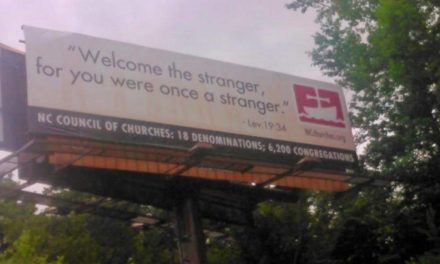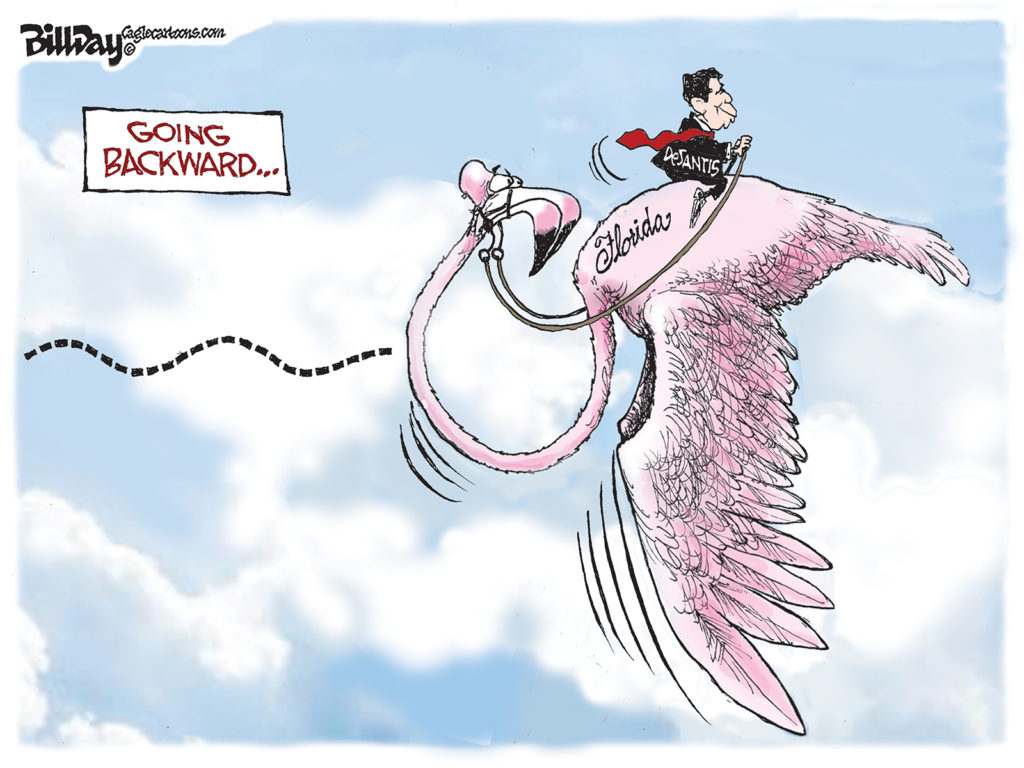People with remote-friendly jobs and fewer ties to the area are considered members of the “untethered class” and the Memphis region has the smallest number of these people among the 50 largest MSAs. In part, it indicates a lack of jobs and the kind of jobs (like tech jobs) that can be performed remotely (one in three nationally can be done remotely).
“Untethered class” was coined by researcher Chris Salviati to describe people with a remote-friendly occupation and with other attributes that make it easier for them to move like no children in school, house renters, or unmarried.
These people skew younger and earn higher-than-average salaries. CBRE’s analysis showed the propensity of these young, highly-educated urban workers to move increased over the last year.
The pandemic accelerated remote working and although many employers will return to their offices, the implications of a remote workforce could result in workers gravitating to cities with lower housing costs and more affordability.
The test is whether Memphis economic development officials recognize this as an opportunity for our community and to devise a well-funded plan to determine whether our region can compete in this new world.
Here’s the number of untethered people in selected metros:
Memphis MSA: 581,000
New Orleans MSA: 600,000
Louisville MSA: 619,000
Richmond MSA: 654,000
Salt Lake City MSA: 660,000
Milwaukee MSA: 686,000
Oklahoma City MSA: 706,000
Jacksonville MSA: 732,000
Raleigh MSA: 739,000
Oklahoma City MSA: 706,000
Milwaukee MSA: 786,000
Cleveland MSA: 976,000
Indianapolis MSA: 1,000,000
Nashville MSA: 1,100,000
Kansas City MSA: 1,100,000
Pittsburgh MSA: 1,100,000
Cincinnati: 1,100,000
Austin MSA: 1,200,000
Portland MSA: 1,300,000
Charlotte MSA: 1,300,000
Baltimore MSA: 1,400,000
St. Louis MSA: 1,400,000
Denver MSA: 1,700,000
Detroit MSA: 2,000,000
Phoenix MSA: 2,300,000
Atlanta MSA: 3,000,000
Houston MSA: 3,400,000
Dallas MSA: 3,800,000
Chicago MSA: 4,700,000
- Source: Bloomberg CityLab





